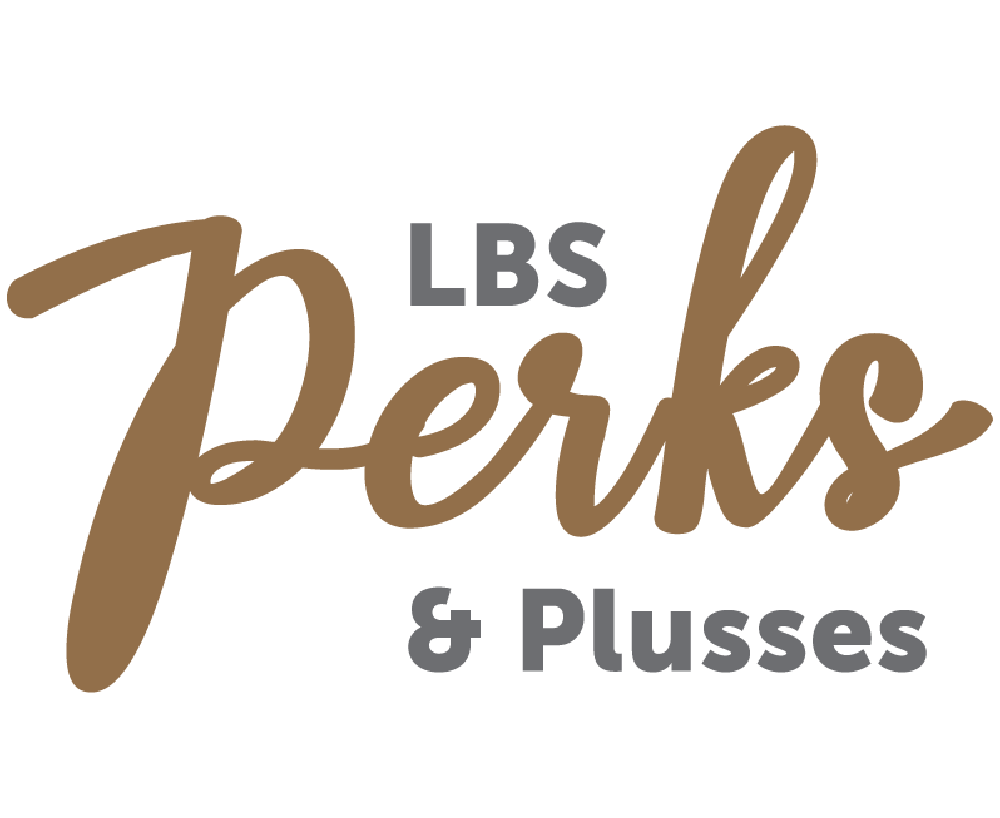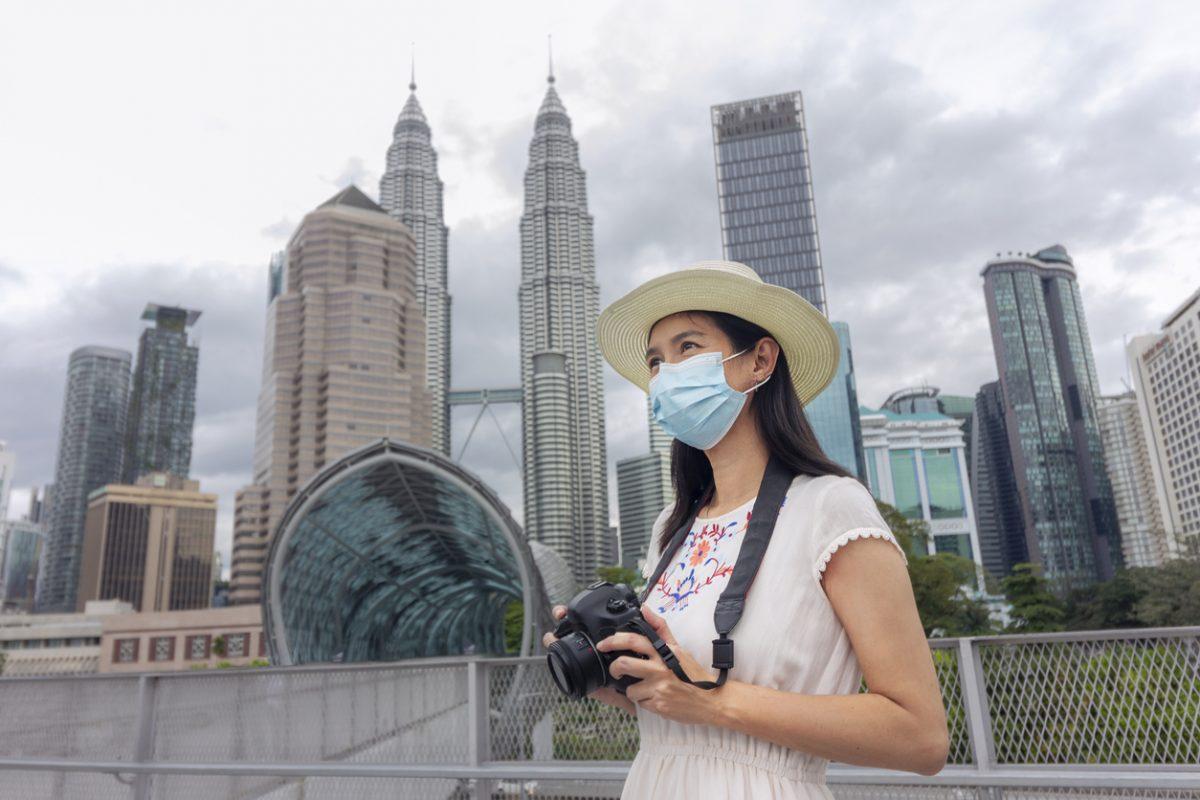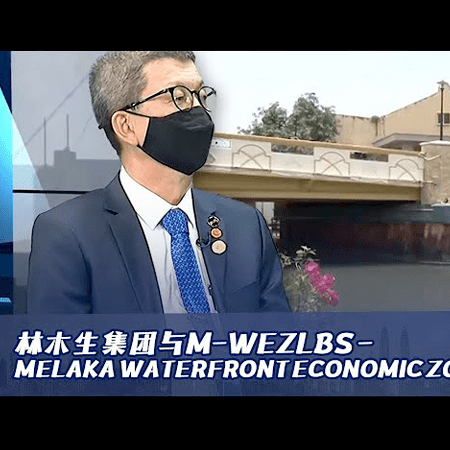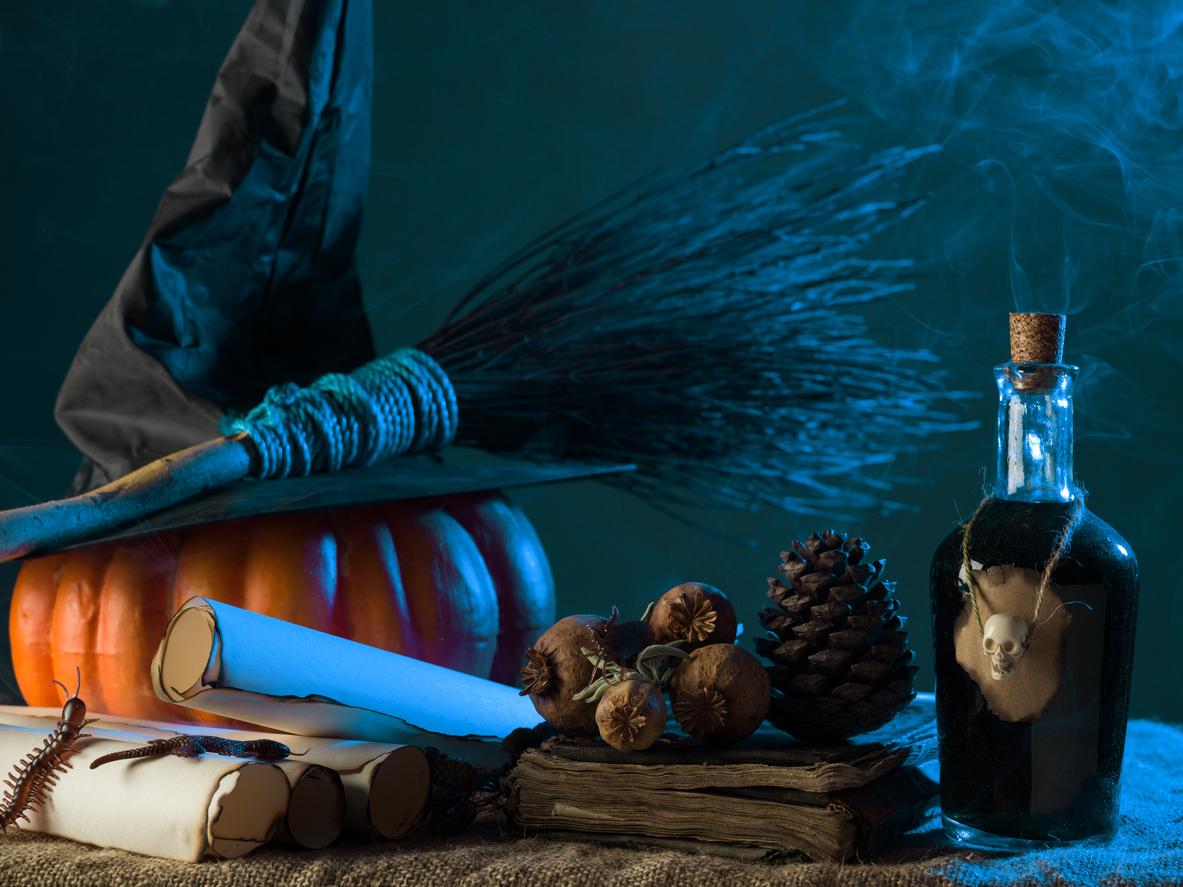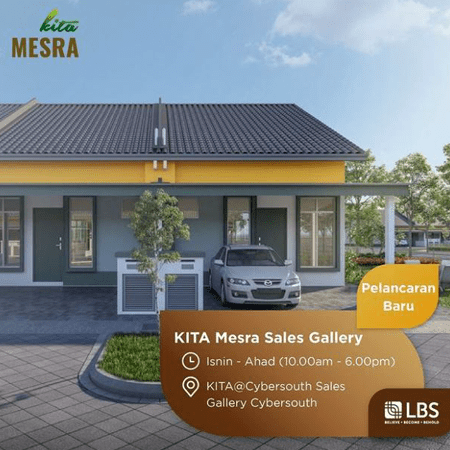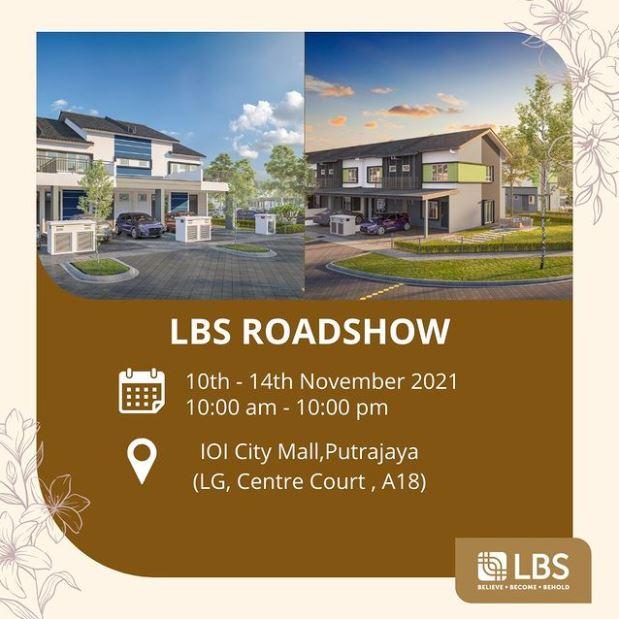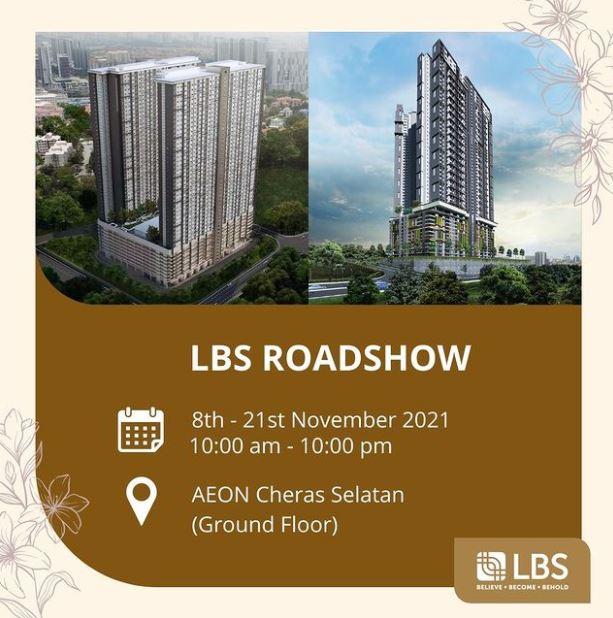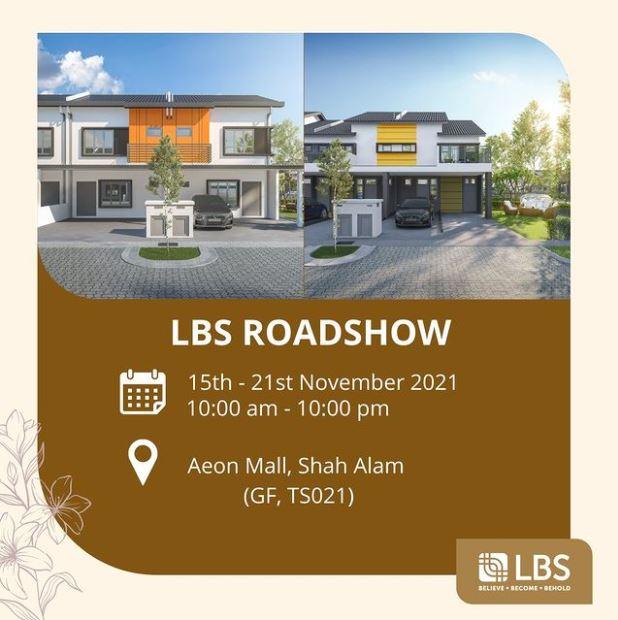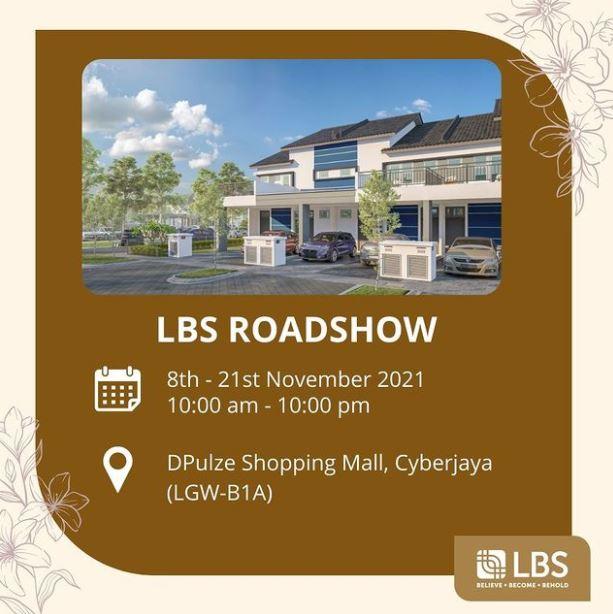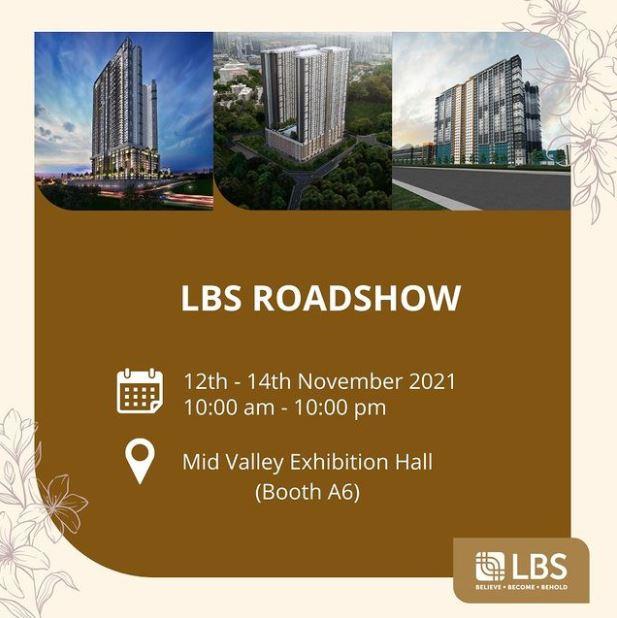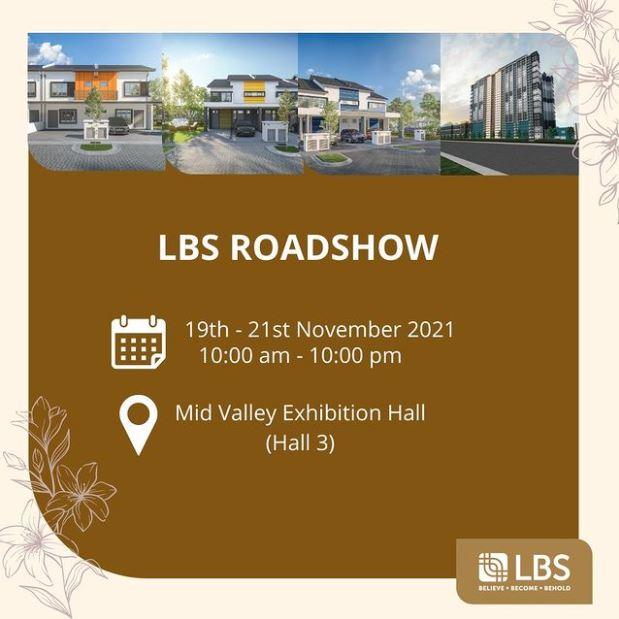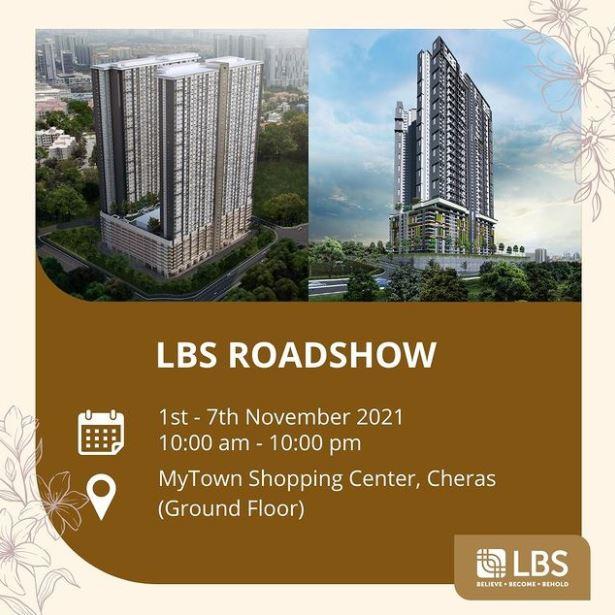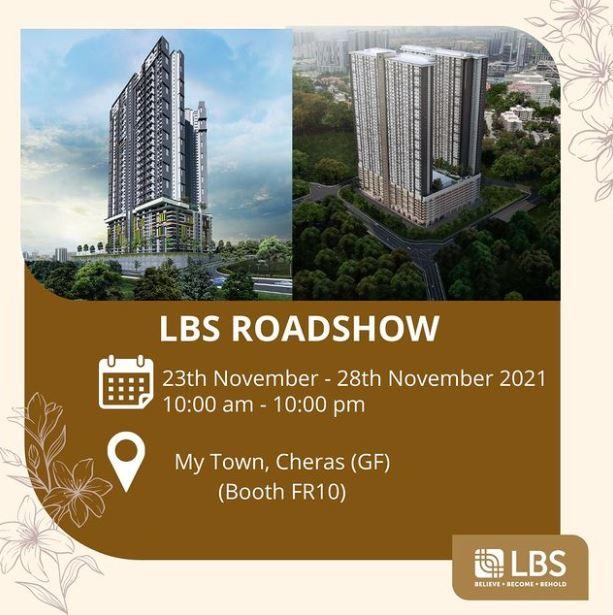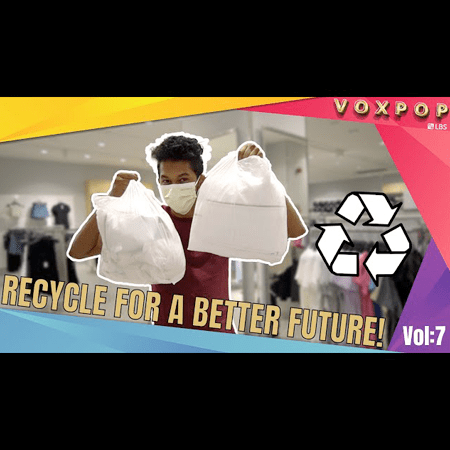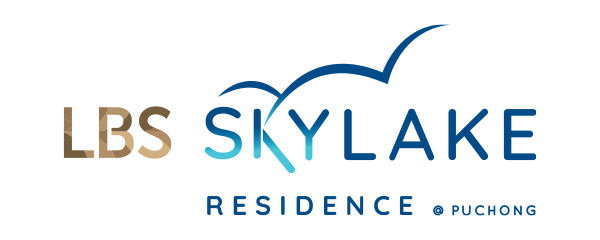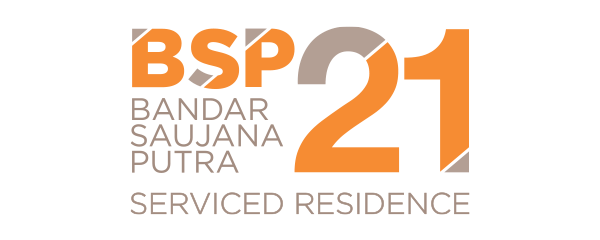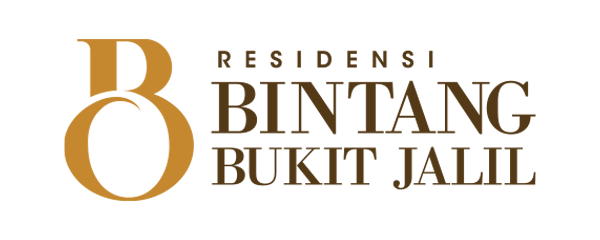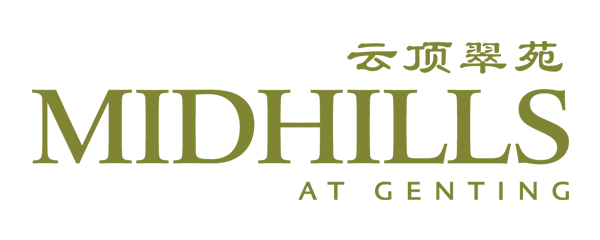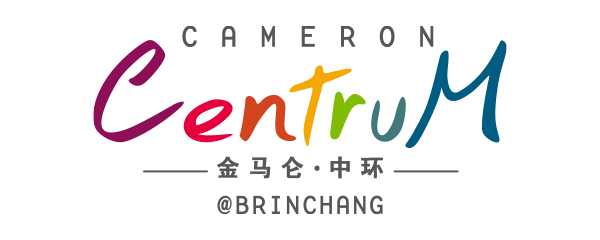LBS Bina Group Awarded Top 10 Developers Award At The BCI Asia Awards 2020
D
on
December 6, 2021
6 December 2021
Untuk Siaran Segera
LBS DIIKTIRAF SEBAGAI 10 PEMAJU TERBAIK
DI ANUGERAH BCI ASIA 2020/2021
Pencapaian Membanggakan Bagi Tahun Kelima Berturut-turut
Petaling Jaya, 6 Disember 2021 – Pemaju perumahan terkemuka, LBS Bina Group Berhad sekali lagi merangkul Anugerah 10 Pemaju Terbaik 2020/2021 di Anugerah BCI Asia (BCIAA) bagi tahun 2020. Pencapaian ini merupakan satu pengiktirafan besar kepada LBS sebagai pemaju hartanah contoh dan terbaik di Malaysia serta Asia Tenggara. Ini merupakan anugerah yang diterima oleh LBS untuk kali ke lima.
Dengan peningkatan jumlah kes harian COVID-19, Perintah Kawalan Pergerakan Penuh (FMCO) telah dilaksanakan pada Mei 2021 yang lepas demi memastikan kes jangkitan harian dapat dikurangkan di samping melindungi keselamatan orang ramai. Oleh itu, anugerah BCI Asia 2020 yang terlebih dahulu dirancang untuk diadakan pada 19hb Jun 2020, telah ditangguh dan dijadualkan berlangsung semula pada 3hb Disember 2021.
Anugerah 10 Pemaju Terbaik 2020 telah dipilih berdasarkan tahap kelestarian projek-projek mereka. Ianya merupakan anugerah berprestij yang paling dinantikan di kalangan sektor seni bina, pemaju hartanah dan pembinaan di seluruh Asia Tenggara termasuk Hong Kong, Indonesia, Malaysia, Filipina, Singapura, Thailand dan Vietnam. Anugerah ini telah diadakan untuk kali ke-17 sejak penubuhannya pada tahun 2003.
“Objektif perumahan lestari adalah untuk meningkatkan taraf hidup sambil memberi peluang kepada rakyat Malaysia untuk memiliki rumah idaman mereka dengan perpaduan dan kesejahteraan kemasyarakatan yang lebih baik, pertumbuhan ekonomi dan peningkatan sosial. Pertimbangan dari aspek kelestarian diambil kira dalam keseluruhan kitaran hayat pembangunan kami, baik daripada reka bentuk konsep kepada pembinaan dan pengurusan bangunan seperti KITA Mekar, KITA Mesra, Residensi Bintang Bukit Jalil, dan Prestige Residence, yang dilancarkan baru-baru ini” jelas Pengerusi Eksekutif LBS Bina Group Berhad, Tan Sri Lim Hock San.
“Tahun 2020 merupakan tahun mencabar namun LBS mampu mengharunginya dengan sokongan dari kerja keras dan ketabahan para pekerja yang berjaya meletakkan LBS sebagai 10 pemaju perumahan terbaik. Untuk itu, saya amat berbesar hati dan ingin mengucapkan terima kasih kepada BCIAA kerana sentiasa mengiktiraf usaha kami dan menganugerahkan LBS dengan Anugerah 10 Pemaju Terbaik. Kami percaya di waktu pandemik ini, rumah mampu milik dengan kualiti binaan yang luar biasa adalah kunci kepada kejayaan syarikat. Memandangkan kita semakin menghampiri penghujung tahun, tumpuan LBS akan terus dipacu ke arah menyediakan rumah mampu milik dan mewujudkan kehidupan yang hijau dan mampan, serta persekitaran bekerja dan rekreasi untuk semua pembeli rumah Malaysia,” tambah Tan Sri Lim Hock San.
Majlis makan malam gala BCIAA 2020/2021 telah diadakan pada 3 Disember 2021 lepas di Hotel Shangri-La, Kuala Lumpur dan diserikan dengan kehadiran Presiden Pertubuhan Arkitek Malaysia (PAM), YBhg. Datuk Ar Ezumi Harzani bin Ismail, Pertubuhan Perekabentuk Dalaman Malaysia (PPDM), IDr Lai Siew Hong, dan Mantan Presiden, Malaysia Green Building Council (MGBC), Ar Chan Seong Aun.
~Tamat~
Untuk Siaran Segera
LBS DIIKTIRAF SEBAGAI 10 PEMAJU TERBAIK
DI ANUGERAH BCI ASIA 2020/2021
Pencapaian Membanggakan Bagi Tahun Kelima Berturut-turut
Petaling Jaya, 6 Disember 2021 – Pemaju perumahan terkemuka, LBS Bina Group Berhad sekali lagi merangkul Anugerah 10 Pemaju Terbaik 2020/2021 di Anugerah BCI Asia (BCIAA) bagi tahun 2020. Pencapaian ini merupakan satu pengiktirafan besar kepada LBS sebagai pemaju hartanah contoh dan terbaik di Malaysia serta Asia Tenggara. Ini merupakan anugerah yang diterima oleh LBS untuk kali ke lima.
Dengan peningkatan jumlah kes harian COVID-19, Perintah Kawalan Pergerakan Penuh (FMCO) telah dilaksanakan pada Mei 2021 yang lepas demi memastikan kes jangkitan harian dapat dikurangkan di samping melindungi keselamatan orang ramai. Oleh itu, anugerah BCI Asia 2020 yang terlebih dahulu dirancang untuk diadakan pada 19hb Jun 2020, telah ditangguh dan dijadualkan berlangsung semula pada 3hb Disember 2021.
Anugerah 10 Pemaju Terbaik 2020 telah dipilih berdasarkan tahap kelestarian projek-projek mereka. Ianya merupakan anugerah berprestij yang paling dinantikan di kalangan sektor seni bina, pemaju hartanah dan pembinaan di seluruh Asia Tenggara termasuk Hong Kong, Indonesia, Malaysia, Filipina, Singapura, Thailand dan Vietnam. Anugerah ini telah diadakan untuk kali ke-17 sejak penubuhannya pada tahun 2003.
“Objektif perumahan lestari adalah untuk meningkatkan taraf hidup sambil memberi peluang kepada rakyat Malaysia untuk memiliki rumah idaman mereka dengan perpaduan dan kesejahteraan kemasyarakatan yang lebih baik, pertumbuhan ekonomi dan peningkatan sosial. Pertimbangan dari aspek kelestarian diambil kira dalam keseluruhan kitaran hayat pembangunan kami, baik daripada reka bentuk konsep kepada pembinaan dan pengurusan bangunan seperti KITA Mekar, KITA Mesra, Residensi Bintang Bukit Jalil, dan Prestige Residence, yang dilancarkan baru-baru ini” jelas Pengerusi Eksekutif LBS Bina Group Berhad, Tan Sri Lim Hock San.
“Tahun 2020 merupakan tahun mencabar namun LBS mampu mengharunginya dengan sokongan dari kerja keras dan ketabahan para pekerja yang berjaya meletakkan LBS sebagai 10 pemaju perumahan terbaik. Untuk itu, saya amat berbesar hati dan ingin mengucapkan terima kasih kepada BCIAA kerana sentiasa mengiktiraf usaha kami dan menganugerahkan LBS dengan Anugerah 10 Pemaju Terbaik. Kami percaya di waktu pandemik ini, rumah mampu milik dengan kualiti binaan yang luar biasa adalah kunci kepada kejayaan syarikat. Memandangkan kita semakin menghampiri penghujung tahun, tumpuan LBS akan terus dipacu ke arah menyediakan rumah mampu milik dan mewujudkan kehidupan yang hijau dan mampan, serta persekitaran bekerja dan rekreasi untuk semua pembeli rumah Malaysia,” tambah Tan Sri Lim Hock San.
Majlis makan malam gala BCIAA 2020/2021 telah diadakan pada 3 Disember 2021 lepas di Hotel Shangri-La, Kuala Lumpur dan diserikan dengan kehadiran Presiden Pertubuhan Arkitek Malaysia (PAM), YBhg. Datuk Ar Ezumi Harzani bin Ismail, Pertubuhan Perekabentuk Dalaman Malaysia (PPDM), IDr Lai Siew Hong, dan Mantan Presiden, Malaysia Green Building Council (MGBC), Ar Chan Seong Aun.
~Tamat~
For Immediate Release
LBS BINA GROUP AWARDED AS TOP 10 DEVELOPERS AT
THE BCI ASIA AWARDS 2020/2021
LBS endorsed at BCI Asia Awards for the Fifth Consecutive Year
Petaling Jaya, 6 December 2021 – Leading township developer, LBS Bina Group Berhad has once again clinched the Top Ten Developers Award 2020/2021 at the BCI Asia Awards (BCIAA) last year. This award serves as a great acknowledgment to LBS as an exemplary property developer in Malaysia and South East Asia. This marks the fifth time LBS received the recognition.
With the rising number of daily COVID-19 cases, the Full Movement Control Order (FMCO) came in place in May 2021 to ensure that daily diagnosed cases will be reduced and to protect public safety. Hence, the originally planned BCI Asia awards 2020 dated on 19 June 2020, was postponed and rescheduled to 3rd December 2021.
The Top 10 developers of 2020 were handpicked based on the extent of their projects’ sustainability. It is positioned as the most coveted award for architecture, developers, and construction sectors across Southeast Asia namely, Hong Kong, Indonesia, Malaysia, Philippines, Singapore, Thailand and Vietnam. The Award is now in its 17th year since its inception in 2003.
“The objective of sustainable housing is to elevate living standards while providing Malaysians with the opportunity to own their dream house with enhanced social unity, well-being, economic growth and social improvement. Sustainability considerations are factored into the entire life-cycle of our developments, from concept design to construction and building management such as KITA Mekar, KITA Mesra, Residensi Bintang Bukit Jalil, and Prestige Residence, which are the recently launched projects” said LBS Bina Group Berhad Executive Chairman, Tan Sri Lim Hock San.
“The year 2020 has been a challenging one, not only was LBS able to pull through, but the team’s hard work and perseverance managed to position LBS as the top 10 developers. For that, I am truly gratified and would like to extend my special thanks to BCIAA for consistently recognising our efforts and awarding LBS with the Top 10 Developers Award. We believe during these pandemic times, affordable housing with exceptional built quality is the recipe to success. As we approach the end of the year, our focus will continue to be driven towards providing affordable homes and creating green and sustainable living, working and recreational environments for all Malaysian homebuyers,” Tan Sri Lim Hock San said.
The BCIAA 2020/2021 gala dinner was held on 3rd December 2021 at Shangri-La Hotel, Kuala Lumpur and was graced by the President of Pertubuhan Arkitek Malaysia (PAM), YBhg. Datuk Ar Ezumi Harzani bin Ismail, President of Malaysian Institute of Interior Designers (MIID), IDr Lai Siew Hong, and Immediate Past President, Malaysia Green Building Council (MGBC), Ar Chan Seong Aun.
~End~
For Immediate Release
LBS BINA GROUP AWARDED AS TOP 10 DEVELOPERS AT
THE BCI ASIA AWARDS 2020/2021
LBS endorsed at BCI Asia Awards for the Fifth Consecutive Year
Petaling Jaya, 6 December 2021 – Leading township developer, LBS Bina Group Berhad has once again clinched the Top Ten Developers Award 2020/2021 at the BCI Asia Awards (BCIAA) last year. This award serves as a great acknowledgment to LBS as an exemplary property developer in Malaysia and South East Asia. This marks the fifth time LBS received the recognition.
With the rising number of daily COVID-19 cases, the Full Movement Control Order (FMCO) came in place in May 2021 to ensure that daily diagnosed cases will be reduced and to protect public safety. Hence, the originally planned BCI Asia awards 2020 dated on 19 June 2020, was postponed and rescheduled to 3rd December 2021.
The Top 10 developers of 2020 were handpicked based on the extent of their projects’ sustainability. It is positioned as the most coveted award for architecture, developers, and construction sectors across Southeast Asia namely, Hong Kong, Indonesia, Malaysia, Philippines, Singapore, Thailand and Vietnam. The Award is now in its 17th year since its inception in 2003.
“The objective of sustainable housing is to elevate living standards while providing Malaysians with the opportunity to own their dream house with enhanced social unity, well-being, economic growth and social improvement. Sustainability considerations are factored into the entire life-cycle of our developments, from concept design to construction and building management such as KITA Mekar, KITA Mesra, Residensi Bintang Bukit Jalil, and Prestige Residence, which are the recently launched projects” said LBS Bina Group Berhad Executive Chairman, Tan Sri Lim Hock San.
“The year 2020 has been a challenging one, not only was LBS able to pull through, but the team’s hard work and perseverance managed to position LBS as the top 10 developers. For that, I am truly gratified and would like to extend my special thanks to BCIAA for consistently recognising our efforts and awarding LBS with the Top 10 Developers Award. We believe during these pandemic times, affordable housing with exceptional built quality is the recipe to success. As we approach the end of the year, our focus will continue to be driven towards providing affordable homes and creating green and sustainable living, working and recreational environments for all Malaysian homebuyers,” Tan Sri Lim Hock San said.
The BCIAA 2020/2021 gala dinner was held on 3rd December 2021 at Shangri-La Hotel, Kuala Lumpur and was graced by the President of Pertubuhan Arkitek Malaysia (PAM), YBhg. Datuk Ar Ezumi Harzani bin Ismail, President of Malaysian Institute of Interior Designers (MIID), IDr Lai Siew Hong, and Immediate Past President, Malaysia Green Building Council (MGBC), Ar Chan Seong Aun.
~End~
即时发布
2020/2021年BCI亚洲奖
林木生集团连续5年蝉联十大发展商
(八打灵再也6日讯)领航业界的城镇发展商-林木生集团(LBS)在2020/2021年BCI亚洲奖(BCIAA),荣登十大发展商。这已是该集团五度获得该荣誉,受到认可成为马来西亚乃至东南亚房地产发展商楷模。
我国因新冠肺炎疫情而在2021年5月实施全面行管令(FMCO), 以保障公共卫生安全。因此,原订于2020年6月19日进行的BCI 亚洲奖延至2021年12月3日举办。
2020年十大发展商是根据其项目的可持续性而精心挑选。它被定位为东南亚(香港、印尼、马来西亚、菲律宾、新加坡、泰国和越南)建筑发展业界广受青睐的奖项。该奖项自 2003 年设立以来,已进入第 17 个年头。
林木生集团执行主席丹斯里林福山表示,“可持续房屋旨在提升生活水平,同时为国人提供拥有梦想居所的机会,从而加强社会团结、福祉、经济增长和社会进步。从概念设计,到建设和建筑管理,我们的发展项目的整个周期都纳入可持续性因素。例举KITA Mekar、Residensi Bintang Bukit Jalil、Prestige Residence、以及KITA Mesra等近期推介的项目。”
丹斯里林福山指出:“2020是充满挑战的一年,我们不仅挺过来了,而且团队的辛勤工作和毅力使本集团成为十大发展商。因此,我感到高兴,特别感谢BCI亚洲奖一直认同我们的努力,并颁授予林木生集团十大发展商奖项。相信在疫情时期打造具有卓越建筑质量的可负担房屋,是我们成功的秘诀。挨近年底,本集团重点仍是继续致力为所有国内购屋者提供优质可负担房屋和创造绿色可持续生活、工作和娱乐环境。”
2020/2021年BCI亚洲颁奖礼,于今年12月3日在吉隆坡香格里拉酒店举行,出席者包括马来西亚建筑师协会(PAM)主席拿督依祖米哈查尼、马来西亚室内设计师协会(MIID)荣誉主席黎兆康、以及马来西亚绿色建筑联盟(MGBC)前主席Ar Chan Seong Aun。
~完~
即时发布
2020/2021年BCI亚洲奖
林木生集团连续5年蝉联十大发展商
(八打灵再也6日讯)领航业界的城镇发展商-林木生集团(LBS)在2020/2021年BCI亚洲奖(BCIAA),荣登十大发展商。这已是该集团五度获得该荣誉,受到认可成为马来西亚乃至东南亚房地产发展商楷模。
我国因新冠肺炎疫情而在2021年5月实施全面行管令(FMCO), 以保障公共卫生安全。因此,原订于2020年6月19日进行的BCI 亚洲奖延至2021年12月3日举办。
2020年十大发展商是根据其项目的可持续性而精心挑选。它被定位为东南亚(香港、印尼、马来西亚、菲律宾、新加坡、泰国和越南)建筑发展业界广受青睐的奖项。该奖项自 2003 年设立以来,已进入第 17 个年头。
林木生集团执行主席丹斯里林福山表示,“可持续房屋旨在提升生活水平,同时为国人提供拥有梦想居所的机会,从而加强社会团结、福祉、经济增长和社会进步。从概念设计,到建设和建筑管理,我们的发展项目的整个周期都纳入可持续性因素。例举KITA Mekar、Residensi Bintang Bukit Jalil、Prestige Residence、以及KITA Mesra等近期推介的项目。”
丹斯里林福山指出:“2020是充满挑战的一年,我们不仅挺过来了,而且团队的辛勤工作和毅力使本集团成为十大发展商。因此,我感到高兴,特别感谢BCI亚洲奖一直认同我们的努力,并颁授予林木生集团十大发展商奖项。相信在疫情时期打造具有卓越建筑质量的可负担房屋,是我们成功的秘诀。挨近年底,本集团重点仍是继续致力为所有国内购屋者提供优质可负担房屋和创造绿色可持续生活、工作和娱乐环境。”
2020/2021年BCI亚洲颁奖礼,于今年12月3日在吉隆坡香格里拉酒店举行,出席者包括马来西亚建筑师协会(PAM)主席拿督依祖米哈查尼、马来西亚室内设计师协会(MIID)荣誉主席黎兆康、以及马来西亚绿色建筑联盟(MGBC)前主席Ar Chan Seong Aun。
~完~

